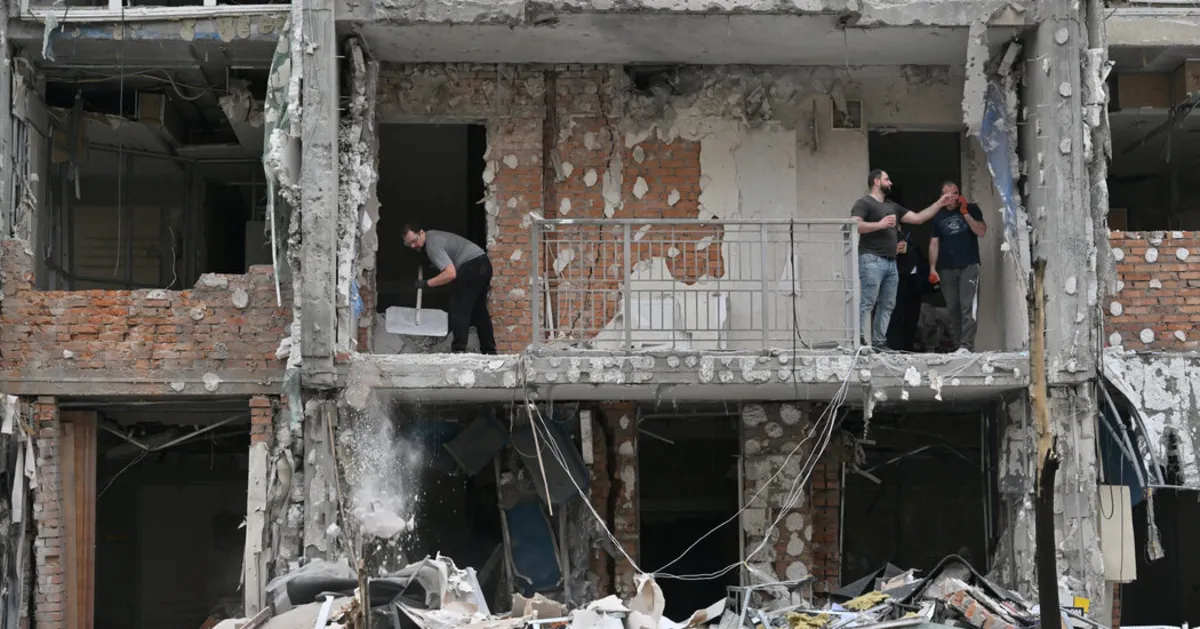
On Sunday, former President Donald Trump publicly condemned the latest military actions taken by Russian President Vladimir V. Putin, who has initiated one of the largest offensives in the ongoing Russia-Ukraine war. Trump expressed his discontent with Putin's aggressive maneuvers and indicated that he is contemplating the imposition of additional sanctions on Russia as a response to this escalation.
Speaking to reporters in New Jersey just before boarding Air Force One, Mr. Trump voiced his frustration regarding Putin's decision to intensify attacks amidst ongoing negotiations aimed at establishing a cease-fire to conclude the three-year conflict. "He’s killing a lot of people, and I don’t know what the hell happened to Putin," Trump stated, reflecting on his long-standing relationship with the Russian leader. He added, "Always gotten along with him. But he’s sending rockets into cities and killing people, and I don’t like it at all."
Trump further expressed his concerns about the ongoing situation, highlighting the contradiction between diplomatic discussions and military aggression. "We’re in the middle of talking, and he’s shooting rockets into Kyiv and other cities," he noted. This remark underscores the complexities of international relations and the challenges faced in achieving lasting peace.
Hours after his initial comments, Trump took to social media to amplify his criticism of Putin. He asserted that the Russian President "has gone absolutely CRAZY" and characterized the missile and drone attacks on Ukrainian cities as occurring "for no reason whatsoever." This statement reflects Trump's ongoing concerns about the humanitarian impact of the conflict and the urgent need for a resolution.
As the situation in Ukraine continues to evolve, Trump's condemnation of Putin's actions highlights the enduring volatility of the conflict. His consideration of further sanctions on Russia signifies a potential shift in U.S. foreign policy regarding the ongoing war. With both diplomatic talks and military actions unfolding simultaneously, the path to peace remains fraught with challenges.